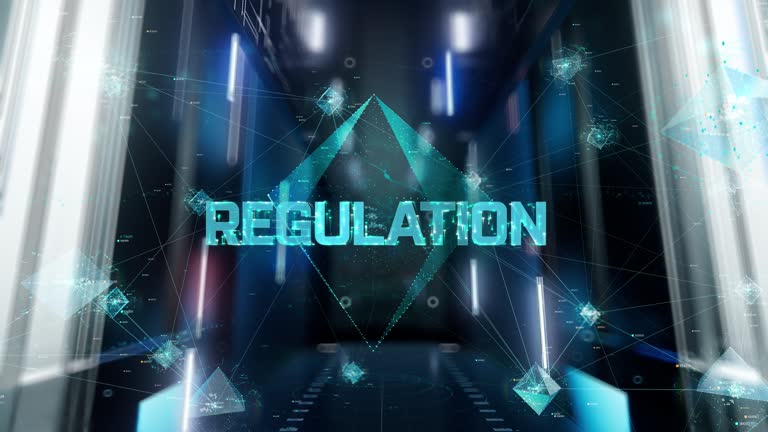Germany is currently experiencing a growing interest in the metaverse, which is focused on notable applications in public administration and industry.
Once praised as the next frontier of human interaction, the metaverse appeared to lose some steam after its original burst of excitement. Unclear financial benefits, vague promises, and costly hardware hindered its mass adoption. However, there is a second wave of interest brewing in Germany.
Research institutions and state governments see the potential of metaverse technologies to revolutionize social interaction, entertainment, industrial processes, and public administration.
The metaverse is a budding virtual space that is designed on the blockchain, the Internet of Things (IoT), artificial intelligence (AI), virtual reality (VR), big data, spatial computing, digital twins, and augmented reality (AR). It promised to develop a new era of connectivity and innovation in most areas, bridging the gap between the digital and physical spaces.
Will this second opportunity be different? By focusing on the practical applications in public services and industry, Germany wants to understand the real potential of the metaverse.
Can The Metaverse Alter Government Services?
Public administration and governments could benefit extensively from the metaverse and the integration of their services with the metaverse, based on a statement by Günter Wenzel, team leader of the Building Culture Innovation research unit at Germany’s Fraunhofer Institute for Industrial Engineering IAO.
The group is now exploring the possibility of the metaverse in many sectors, specifically in public administration.
Wenzel stated:
“We understand the metaverse as the next evolutionary stage of the internet and the superimposition of real and virtual space, where citizens in the various metaverse ecosystems (commerce, leisure, work, mobility, etc.) would gain open but secure access to data exchange and communication with the authorities through the connection to public administration services.”
Citizens can access all these services from anywhere using a smartphone, desktop, AR or VR glasses, using cryptographic technology that secures actions, transactions, role profiles, and access rights.
Based on Wenzel, in this case, government departments will no longer communicate with citizens at physical counters but instead will use the metaverse and can offer most of the services irrespective of location.
For managing infrastructure and real estate in municipalities and cities, the administration can develop a digital twin of a building that can be utilized in conducting AI-assisted processes for monitoring and maintenance, and demolition, conversion, and new constructions.
Related: What Does the Future Hold for the Metaverse?
Testing XRP And VR For Public Administration
For Wenzel, it is still challenging to determine whether any of that will make government services more efficient since it depends on the use case.
Nonetheless, a partnership initiative of the University of Münster, the Ministry of the Interior and Sport in Lower Saxony, and PricewaterhouseCoopers has displayed the benefits of using immersive technologies in public administration.
Over several multiday events in 2022, wherein the managers and stakeholders formed their quarterly strategies, nearly 11% of the participants were highly satisfied with workshop outcomes, 16% discovered that communication had improved significantly, and 58% felt a stronger sense of solidarity among their colleagues.
Apart from VR collaboration rooms, the state government of Lower Saxony is also working on another major project to test the immersive technologies.
This new project, “Extended Reality,” aims to explore the potential of extended reality (XR) technologies for various public administration services. Lower Saxony also plans more scientific studies to offer information on the added value of partnership in VR compared to mixed reality (MR) in the context of project work and communication with citizens.
The projects are inspired by the strategy found on Web4 and virtual worlds adopted by the European Commission on July 11, 2023, to help:
“Steer the next technological transition and ensure an open, secure, trustworthy, fair and inclusive digital environment for EU citizens, businesses and public administrations.”
Lower Saxony’s Ministry of the Interior and Sport spokesperson told reporters that the results of the forthcoming projects on extended reality will be important in determining the future performance requirements for headsets.
“Throughout 2024 and 2025, Lower Saxony will remain dedicated to pilot projects involving these technologies. The fast-paced market development necessitates a keen focus, especially in resolving crucial framework issues such as full GDPR compliance.”









